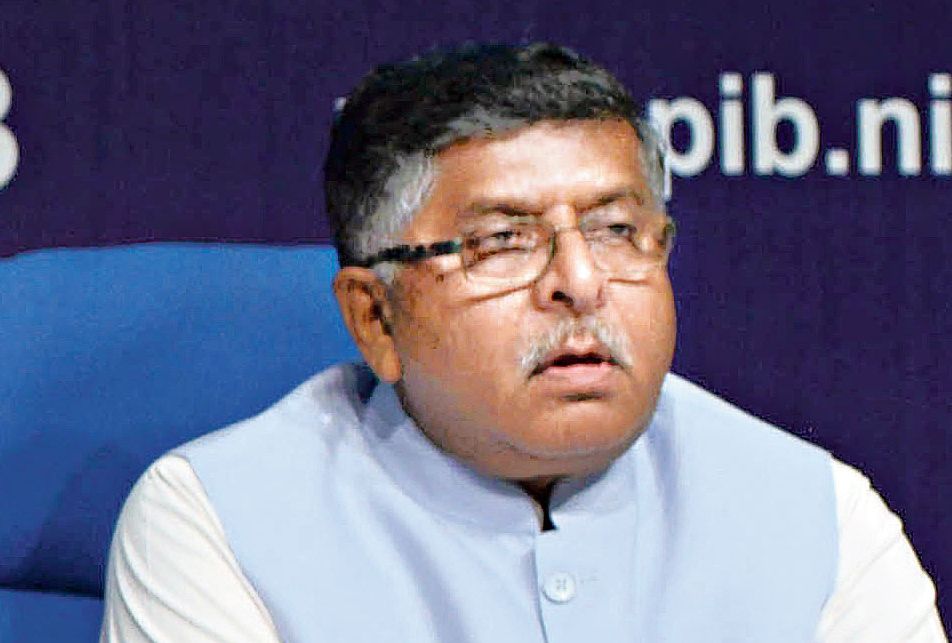Sections of the BJP and the RSS on Thursday welcomed the Supreme Court’s ruling to refer the Sabarimala case to a larger bench, stressing the “rights of devotees”, but chose reticence on the court’s decision to look into similar restrictive practices in other religions.
“#Sabarimala issue referred to larger bench.… Welcome decision of SC in the direction of protecting rights of devotees & upholding faith…. It was never a matter of fundamental rights…. It was a matter of age old tradition accepted by society…,” BJP general secretary (organisation) B.L. Santosh tweeted.
The Supreme Court has said the larger bench would also look into similar practices among Muslims and Parsis.
While Santosh, an RSS leader loaned to the BJP, welcomed the Sabarimala verdict, other BJP leaders, including party chief Amit Shah, chose silence, focusing instead on the Rafale judgment to target the Congress.
The Kerala unit of the BJP on Thursday warned the Left Democratic Front government of “consequences” if it continued to facilitate the entry of women from the proscribed age group.
At a media address by the BJP in Delhi, Union law minister Ravi Shankar Prasad refused to comment on the Sabarimala judgment. He urged the Kerala government to maintain law and order.
The nuanced position on the larger bench, BJP insiders said, was also because of the lack of clarity on the stand the party should take on the Supreme Court’s move to put under the scanner similar practices in other religions.
The BJP appeared to be caught in a bind because the party has been championing the rights of Muslim women with regard to religious practices, like outlawing instant triple talaq, and had also welcomed the decision of Bombay High Court to allow the entry of women to the Haji Ali Dargah.
BJP leaders appeared to be wrestling with the question that if the entry of women to the Haji Ali Dargah is right, then how the entry of women to the Sabarimala temple can be wrong. Some leaders said the matter would be discussed internally before the official stand is finalised.
The contradiction was always there but it has acquired a sharper profile after the court forward the separate cases to the larger bench.
The RSS, which has been at the forefront of upholding the Sabarimala tradition of not allowing women of childbearing age into the temple, welcomed the judgment but refrained from commenting on similar practices in other religions.
“The restrictions on women belonging to a particular age group at the Sabarimala shrine has nothing to do with gender inequality or discrimination, and that is strictly based on the specialty of the deity,” the RSS said in statement welcoming the judgment.
“We are of the firm view that the judicial review under whatever pretext in the matter will be violative of the spirit of freedom of worship guaranteed by our Constitution,” the statement said. “And the opinion of the concerned authorities should be given paramount consideration in such matters.”
Both the RSS and the BJP had initially maintained a similar silence when the Supreme Court last year lifted the Sabarimala restrictions. But after protests erupted in Kerala against the order, the BJP and the RSS stood with those opposing the entry of women of childbearing age, eyeing political capital in the southern state that has remained indifferent to it.
BJP president Shah had addressed a rally in Kerala and backed those protesting the Supreme Court ruling, averring that courts shouldn’t pass judgments that can’t be implemented. The RSS, too, had favoured a review of the verdict, stressing the importance of “tradition and faith”.











